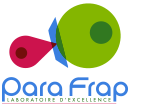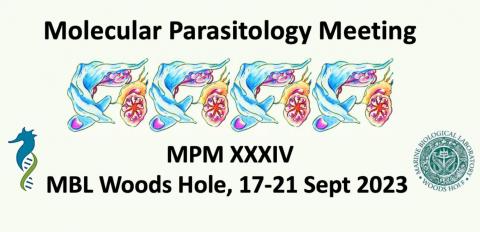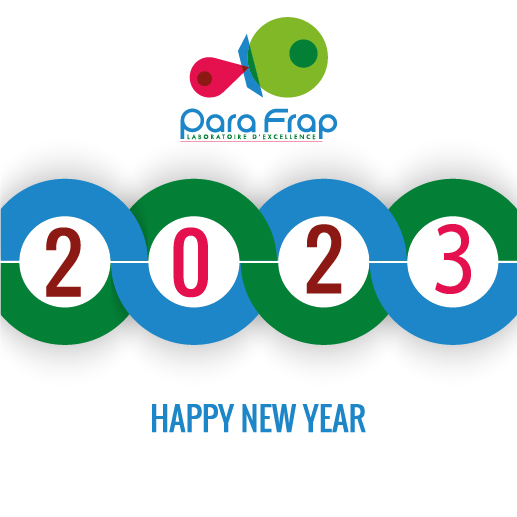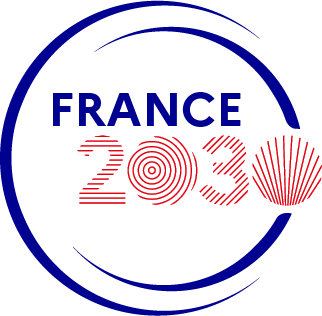
 |
Success for ParaFrap students at MPM2023
Parafrap students won numerous awards at the MPM 2023, Woods Hole USA, 17-21 September 2023.
A warm congratulations to all !
- Parul Sharma (2nd year PhD under the supervision of Brice Rotureau in Philippe Bastin’s team, Paris) - Talk Award,
- Sheena Dass (alumni, former Cyrille Botté PhD, Grenoble) - Honorable Mention Talk Award,
- Mohammad El Kadri (2nd year PhD in Frédéric Bringaud’s lab Bordeaux) and Pratima Gurung (alumni, former Jose-Juan Lopez-Rubio’s PhD, Montpellier) - Honorable Mention In-person Poster Awards
In addition, 3 other prizes were awarded to members of the ParaFrap labs
- Martina Shahinas (Mohamed-Ali Hakimi Lab) and Parul Singh (Artur Scherf /Jessica Bryant Team) - Honorable Mention Talk Awards
- Marta Mendonça Cova: (Maryse) - In-person Poster Award







